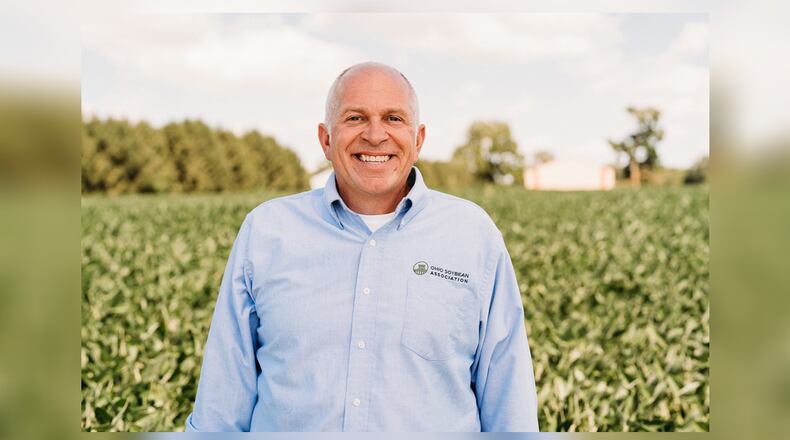The Agriculture Improvement Act of 2018 will expire at the end of September, which means Congress has little time to waste in passing a new U.S. farm bill. Every single American is impacted by this legislation. It is essential for feeding millions of Americans, stabilizing our food supply, and making grocery prices more affordable. Allowing these programs to lapse, even for a short time, would have serious consequences.
Although the farm bill should be a bipartisan priority, political discord is a fact of life on Capitol Hill. As we witnessed at the beginning of the year in the election of the U.S. Speaker of the House, even intraparty disagreements can produce legislative stalemates.
In order to overcome political obstacles, the 2023 farm bill will need overwhelming support from top ag states, such as Ohio.
As an Ohio soybean farmer, I recognize that the farm bill is indispensable not just for our business, but for the everyday lives of all Americans. While soybean farmers have a number of priorities for a 2023 farm bill, I’d like to focus on three of them.
First of all, in this period of volatile weather patterns and fluctuating crop prices, we need a stronger farm safety net. Crop insurance is crucial not only to farmers, but also to consumers who can’t afford another spike in food costs. Specifically, the bill must improve agriculture risk and price loss insurance programs for soybean farmers.
Secondly, it is important for a new farm bill to incentivize farming conservation programs that improve soil health and water quality. But such programs must be voluntary, rather than establishing new regulations that increase the burden on farmers.
And third, the 2023 farm bill needs to keep the nutrition component that supports food assistance initiatives. It was disagreement over this point which endangered the previous two farm bills, and it’s the most significant barrier to passing a new one.
A faction of House members has pushed for decoupling what is known as the nutrition title from the bill. Doing so would sink the legislation by fracturing the bipartisan, geographically diverse coalition that has supported U.S. farm bills since the 1930s.
As someone whose life and livelihood has been growing food, I can tell you that making sure families and children have enough to eat — whether they live in an agricultural area or a big city — is personal to me. Supporting nutrition and other food programs is the right thing to do, and the farm bill is an appropriate vehicle to get it done.
I know that there has been more division over the past several years, but we should be able to agree on feeding families and supporting farmers.
Patrick Knouff is a Shelby County farmer and president of the Ohio Soybean Association board of trustees.
About the Author
